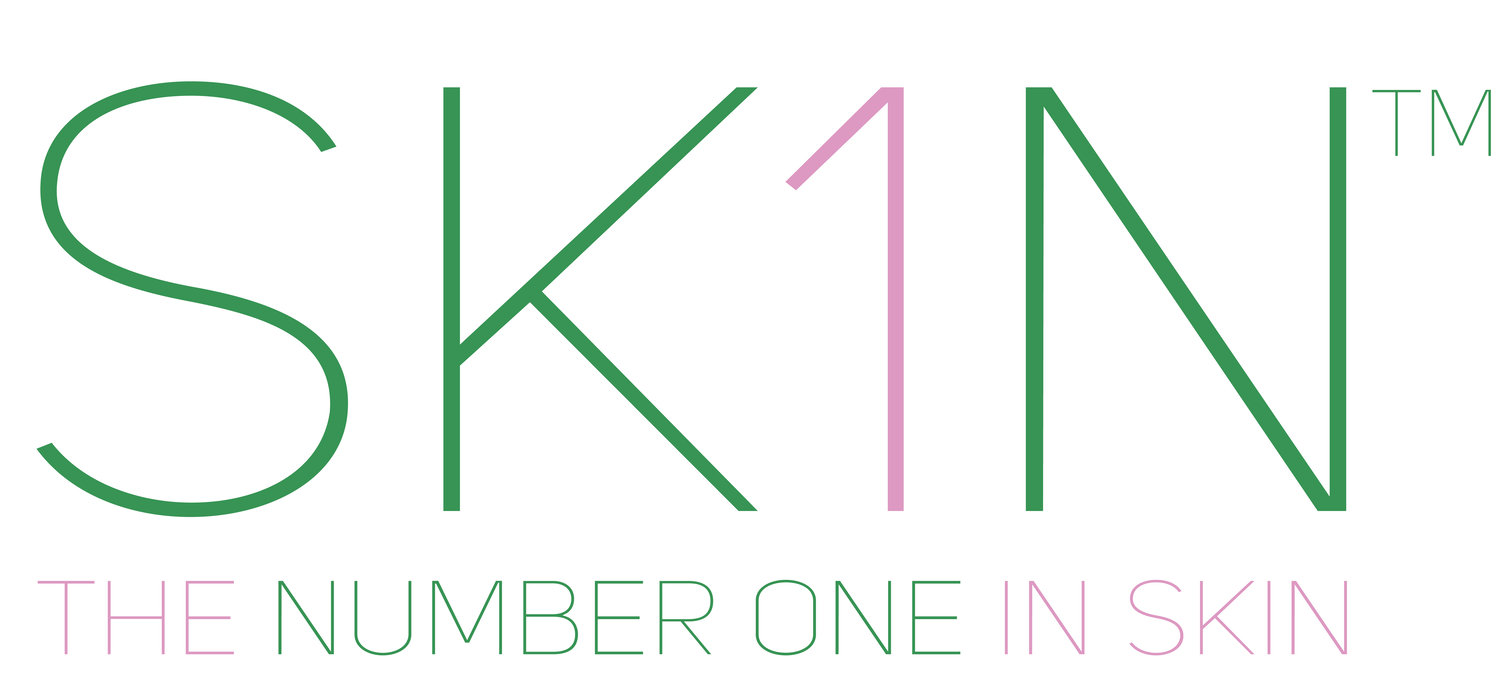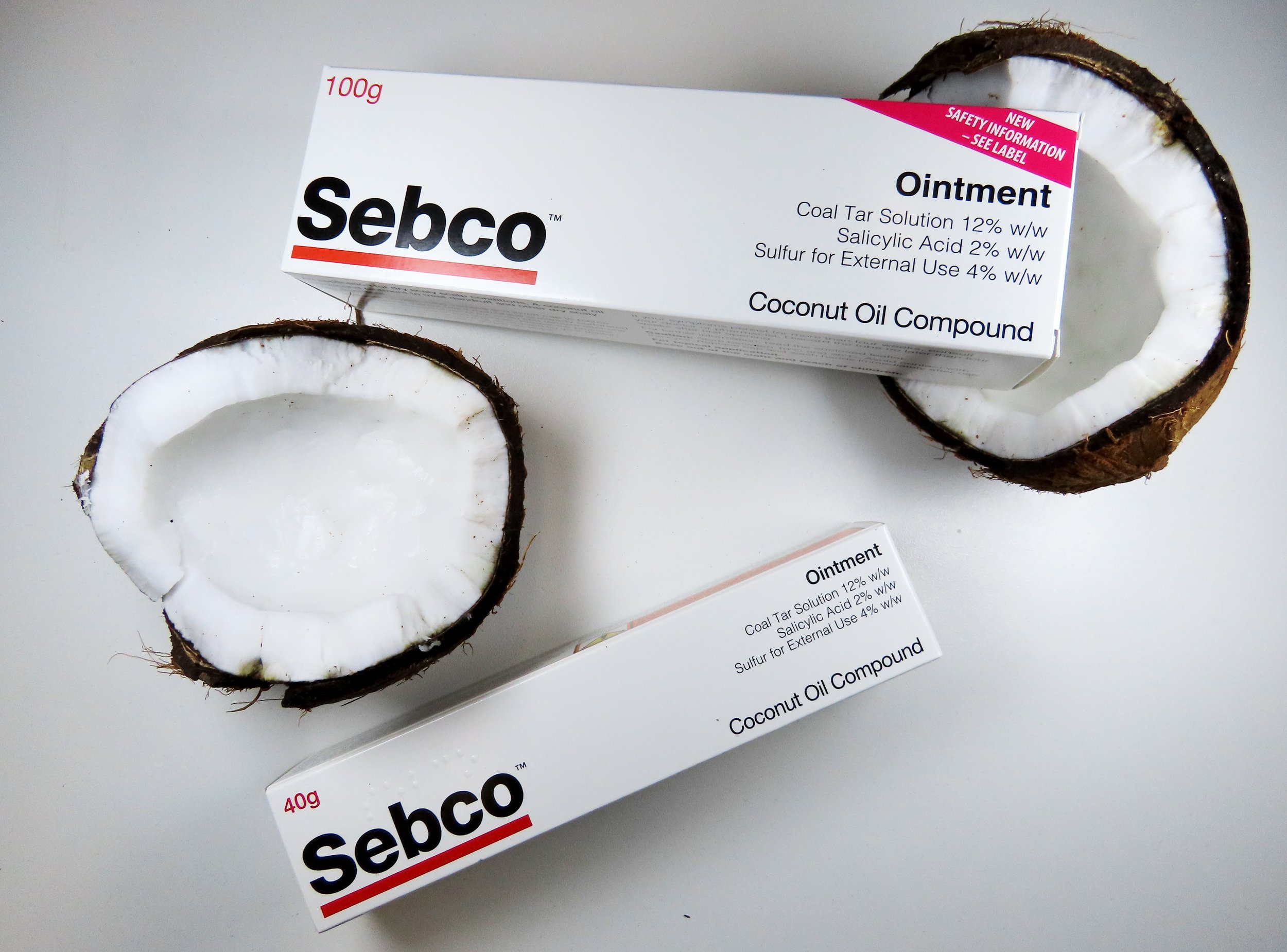Getting under the skin of seasonal conditions
With the seasons turning, the cooler weather and drier air can cause changes to our skin, as it struggles to retain moisture. Common “tell-tale” signs include dryness, dull and sallow skin tone, flaking and irritation, as well as the flare up of some chronic conditions such as psoriasis, eczema and seborrheic dermatitis.
1. Wrap up…carefully
Harsher climates can have a double negative effect on our skin – cooler air and cold winds can cause our skin to dry out and crack, whilst the skin can also become sweaty and clammy when we wrap up in Winter woollens. Many people with eczema find that wool and synthetic materials like polyester and nylon, cause overheating, sweating and irritation, which can set off an unbearable itch. One alternative is bamboo, which is a soft, breathable material that is great for regulating temperature (keeping you cool in Summer and warm in Winter) and has antibacterial properties. Another eczema and environmentally friendly option to reduce the “itch-scratch-itch” cycle is lyocell/TECNEL. Whilst the heat may have gone out of the sun, it’s still vital to use sunscreen with an SPF of at least 15 in the Autumn/Winter period to help protect skin against the damaging rays.
2. Heads up
People who suffer from common scaly skin disorders of the scalp, such as psoriasis, eczema, seborrhoeic dermatitis and dandruff may experience Autumn flare-ups. Seborrhoeic dermatitis is very common and many people don’t even know they have it. Overall it has been reported to affect about 4% of the population and dandruff (which is mild seborrhoeic dermatitis of the scalp) can affect almost half of all adults[1]. It’s not only painful and itchy, but it can have a psychological impact, affecting people’s confidence. The good news is that treatments are easily available. Sebco™ contains coal tar solution, sulfur and salicylic acid in a coconut oil base – ingredients that have been used by dermatologists and doctors for over 70 years. This ointment helps to soften and remove dry scaly skin on the scalp when used regularly. Another tip for good scalp health is to brush gently using a soft bristle brush or a wide tooth, silicone comb.
3. Hygiene and handwashing
Covid 19 has changed many of our habits – one of which is an increase in hand washing. Whilst this is without doubt a positive outcome to help reduce the spread of infections – frequent hand washing can cause the skin to become red and sore. It can also cause existing skin conditions such as eczema and psoriasis to flare up, causing the skin to flake and become itchy and sore. If the skin’s outer barrier layer becomes cracked and irritated, it can increase our susceptibility to infection. It’s crucial to dry the skin thoroughly after you’ve washed your hands – use a soft, clean towel and pay particular attention to smaller spaces in between your fingers. Apply an emollient cream such as Ultrabase® Cream which can be used to lock in moisture and reduce the redness and itchiness exacerbated by skin problems, especially those associated with eczema and psoriasis. Its soothing emollient properties can help protect against dry and irritated skin and may leave skin feeling hydrated and nourished. You may find it useful to apply a generous layer of emollient to your hands just before bedtime, wearing a pair of clean cotton gloves to sleep in to maximise the benefit and reduce any mess from excess.
4. Addressing the anxiety cycle
For many people the Autumn signals a “fresh start”, with renewed focus for the season ahead. However, change can of course lead to a rise in common mental health problems such as anxiety and stress, which can in turn exacerbate skin conditions such as acne, eczema and psoriasis. The psychological impact of having a chronic skin condition like psoriasis can be significant. A digital study by PsoHappy app[2] suggests that people with psoriasis are 24% less happy than the average Briton, with 50% having low self-esteem and 41% saying they rarely felt confident. In addition, half of all adults with eczema have been diagnosed with anxiety or depression in the last 12 months[3]. So, how do we break the vicious cycle of anxiety and eczema flare ups? Totally eliminating stress from your life is sadly difficult to achieve and won’t “cure” your problem. However, looking after your emotional wellness may help alleviate some of the common symptoms. Accepting your condition is one of the first steps to good mental health and there are many self-care options that you can try to reduce stress from breathing techniques, getting out in nature and gentle exercise such as yoga or tai chi, as well as making sure you get a good night’s sleep. Remember everyone is different – so try to find out what works for you. Some people also find it helpful to talk to other people in a similar situation – expert helplines and local support groups can be a really useful resource.
5. Radiate!
You may well hold out until November, but when the real Winter weather starts to “bite”, you know it’s time for the heating to go on! Whilst there’s nothing like feeling cosy at home, central heating can really dry out your skin. Keep your home heated to at least 18°C (65°F) and try not to be tempted to turn up the dial so it’s overheated. To help make the air less drying you could also try using a humidifier. Also, make sure that you’re well hydrated throughout the day – water is ideal, but if you need a hot drink, why not try a herbal or fruit tea? Also, go easy on the temperature if you indulge in a long hot bubble bath! Excessively hot water tends to strip your skin of its natural protective oils which can lead to dry skin, so it’s important to always remember to moisturise after a warm bath or shower.
For prescribing information for Ultrabase® Cream, please visit http://ultrabasecream.info/
For prescribing information for Sebco™, please visit http://www.sebco.info/
ENDS
[1] British Association of Dermatologists, Seborrhoeic Dermatitis [website], https://www.bad.org.uk/for-the-public/ patient-information-leaflets/seborrhoeic-dermatitis, (accessed 9th November 2020)
[2] . Netdoctor, How psoriasis affects your mental health [website], https://www.netdoctor.co.uk/beauty/skincare/ a27570/how-psoriasis-affects-your-mental-health/ (accessed 21st January 2021)
[3] Half of all adults with eczema experience anxiety or depression - BAD Patient Hub (skinhealthinfo.org.uk)


